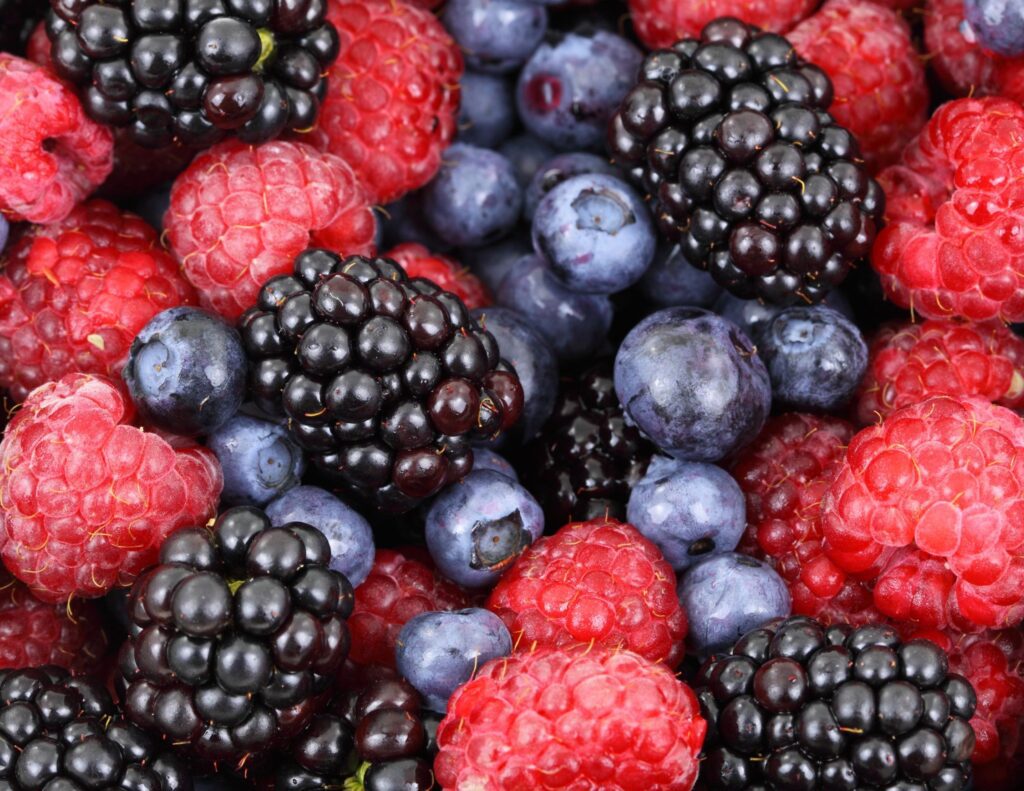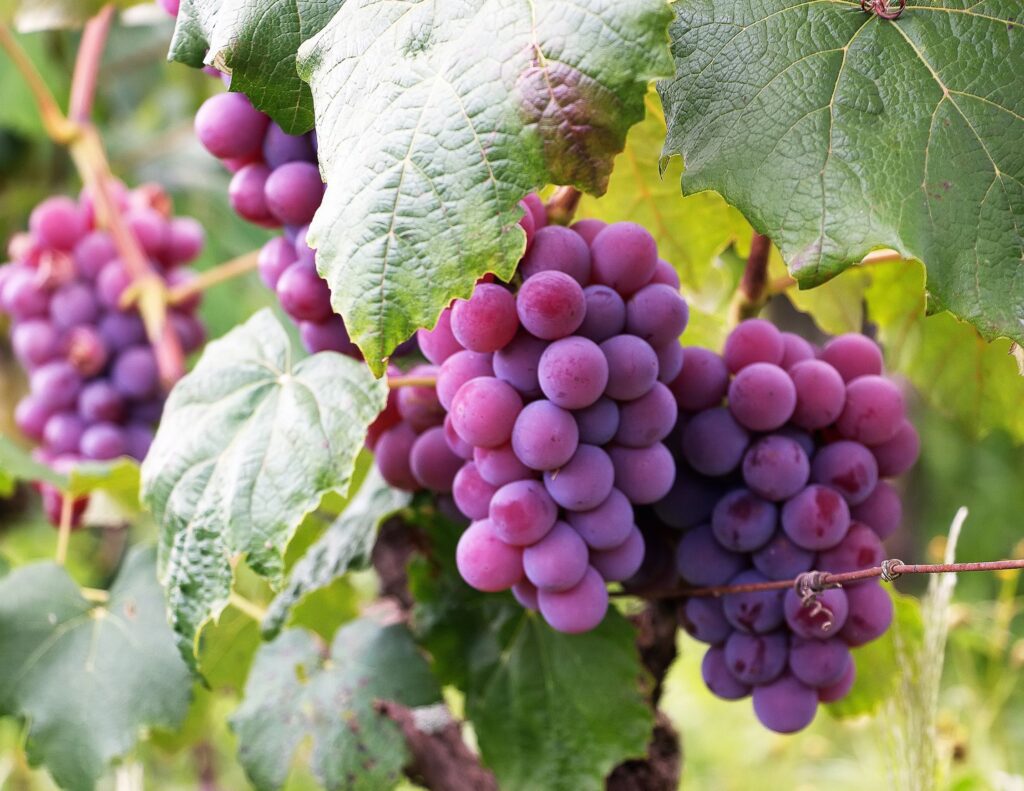Malaria is on the rise in Pakistan after recent floods and heavy rains. Many people are affected daily in urban and rural areas of the country. A healthy diet can help you recover quickly from malaria and prevent its complications. This health blog talks about five best fruits for malaria patients that can heal quickly and lead to a quick recovery from the disease.
Symptoms of Malaria
Symptoms of malaria for disease control and prevention include:
FEVER AND FLU-LIKE SYMPTOMS:
Malaria typically begins with a sudden onset of high fever. This fever is often accompanied by flu-like symptoms such as sweating, chills, and a feeling of extreme coldness. The fever associated with malaria can be cyclical, with symptoms recurring at regular intervals.
Chills And Shivering:
Malaria patients commonly experience episodes of chills and shivering, which can be intense and physically distressing. These chills are often followed by high fever as part of the cyclical nature of the disease.
HEADACHE AND MUSCLE PAIN:
Headaches are a common symptom of malaria and can range from mild discomfort to severe, pounding pain. Muscle pain and body aches are also prevalent, contributing to the overall feeling of malaise.
Fatigue and Weakness: Malaria can cause extreme fatigue and weakness. Patients often describe a profound lack of energy, making it difficult to carry out daily activities.
NAUSEA AND DIARRHEA:
Malaria can lead to gastrointestinal symptoms, including nausea and vomiting, which can contribute to dehydration. Some individuals may also experience diarrhea, adding to the overall discomfort.
ANEMIA:
Malaria can lead to anemia, which is characterized by a decrease in red blood cells. This can result in fatigue, paleness, and a feeling of weakness.
JAUNDICE:
In more severe cases of malaria, patients may develop jaundice. Jaundice is characterized by a yellowing of the skin and eyes, which occurs due to the breakdown of red blood cells and the release of a substance called bilirubin into the bloodstream.
It’s crucial to emphasize that the severity of these symptoms can vary based on factors such as the type of malaria parasite causing the infection, the individual’s age and overall health, and the timeliness of diagnosis and treatment.
Malaria is a potentially life-threatening disease, and prompt medical attention is essential if someone exhibits these symptoms, especially after traveling to or residing in a malaria-endemic region. Early diagnosis and treatment greatly improve the chances of a successful recovery.
If not treated promptly, the infection can progress and cause kidney failure, seizures, mental confusion, coma, and death.
Read: Heart-Healthy Foods that Lower Heart Disease Risk
What are the Best Fruits for Malaria patients?
Fruits contain important vitamins and minerals like vitamin C, A, E and many antioxidants. Most of them are considered to be important foods indicating that they can help in the treatment of various diseases and infections.
Vitamin C (Ascorbic Acid):
Function:
Vitamin C is a water-soluble vitamin that plays a vital role in various bodily functions. It is well-known for its antioxidant properties, which help protect cells from damage caused by free radicals. Additionally, vitamin C is essential for the growth, development, and repair of all body tissues.
Sources:
Citrus fruits (oranges, lemons, grapefruits), strawberries, kiwi, bell peppers, broccoli, and spinach are excellent sources of vitamin C.
Health Benefits:
Vitamin C is essential for a healthy immune system, helps the body absorb iron from plant-based foods, aids in collagen production for skin, bone, and blood vessel health, and may reduce the risk of chronic diseases when consumed regularly.
Vitamin A (Retinol):
Function:
Vitamin A is a fat-soluble vitamin crucial for maintaining good vision, a healthy immune system, and the proper functioning of various organs. It also acts as an antioxidant, protecting cells from damage.
Sources:
Foods rich in vitamin A include carrots, sweet potatoes, spinach, kale, liver, and dairy products. It can also be obtained from beta-carotene, a precursor to vitamin A, found in colorful fruits and vegetables like mangoes, apricots, and red bell peppers.
Health Benefits:
Vitamin A is essential for maintaining healthy vision, particularly in low-light conditions. It also supports skin health, immune function, and proper growth and development.
Vitamin E (Tocopherol):
Function:
Vitamin E is a fat-soluble antioxidant that protects cells from oxidative damage by neutralizing free radicals. It also supports a healthy immune system and skin.
Sources:
Nuts (especially almonds), seeds (like sunflower seeds), vegetable oils (such as sunflower and safflower oil), spinach, and broccoli are good sources of vitamin E.
Health Benefits:
Vitamin E is known for its skin benefits and its role in maintaining healthy hair. It also helps protect cell membranes, supports immune function, and may have anti-inflammatory properties.
Antioxidants:
Antioxidants are compounds that help protect the body from oxidative stress, which can damage cells and contribute to various chronic diseases. Here are some common antioxidants:
Beta-Carotene: Found in colorful fruits and vegetables like carrots, sweet potatoes, and spinach, beta-carotene converts to vitamin A in the body and acts as a powerful antioxidant.
Selenium: This mineral is an essential component of several antioxidant enzymes. It can be obtained from foods like Brazil nuts, seafood, and whole grains.
Flavonoids: These are a diverse group of antioxidants found in foods such as citrus fruits, berries, onions, and tea. They have been linked to various health benefits, including reduced inflammation.
Polyphenols: Abundant in foods like dark chocolate, red wine, and green tea, polyphenols have antioxidant properties that may contribute to heart health and reduce the risk of chronic diseases.
Lycopene: Found in tomatoes, watermelon, and pink grapefruit, lycopene is a potent antioxidant associated with a reduced risk of certain cancers.
Including a variety of foods rich in these vitamins and antioxidants in your diet can help support overall health and reduce the risk of chronic diseases associated with oxidative stress.
Diseases like malaria can lower the body’s immunity and cause delayed recovery. Therefore, it is recommended to consume fruits and vegetables during this condition.
Here is a list of five fruits that can help treat malaria and speed recovery.
1. APPLE
Diarrhea is quite common in malaria and apples can be helpful for this. They contain pectin, which helps treat diarrhea and constipation by bulking up stool.
Apples also contain compounds that appear to have the ability to kill germs. Moreover, the Ursolic acid found in apple peel works in muscle growth and metabolism.
You can give malaria patients apple slices or apple juice depending on their condition. Finally, malaria fever can be reduced with apple cider vinegar. Soak a cloth in apple cider vinegar and mix it with water. For 10 minutes, keep it on your forehead.
2. BERRIES
Berries contain antioxidants and are high in vitamin C, both of which are great for boosting immunity. The presence of polyphenol chemicals, which are associated with health benefits, mainly act as antioxidants. You can eat strawberries, blueberries, or any other berries available in your area.
3. PAPAYA
Papaya is not only beneficial in its fruit form but the juice of papaya leaves is also beneficial as it has anti-malarial properties and is also beneficial in increasing the number of platelets, which is important for can also be done naturally instead of relying on medication. There are benefits of papaya fruit and its leaves to treat malaria or dengue.
Papaya leaves contain phenolic chemicals, papain and alkaloids, which act as powerful antioxidants and boost the body’s immunity. This is why they are very popular for treating malaria and dengue.
You can eat ripe or raw papaya or make papaya leaf juice to treat malaria. If you are pregnant or breastfeeding, consult a doctor before consuming raw papaya.
4. GRAPES
Resveratrol, a chemical found in the skin of black grapes, may help treat malaria, according to experts in the United States. It can prevent cancer by reducing inflammation and inhibiting the growth of cancer cells. Grapes also contain catechins, quercetin, and anthocyanins, which are antioxidants that may work together to fight disease.
Vitamin C is also another important nutrient found in grapes that can improve immunity and help speed recovery from malaria.
5. ORANGES
Another fruit rich in vitamin C that helps in the treatment of malaria is orange. They are rich in carotenoid antioxidants, which give them their orange, red, and yellow colors.
According to a study, drinking fresh orange juice helps increase the level of carotenoids in the skin, which act as antioxidants for the body.
Conclusion:
Fruits are rich in vitamins, minerals and antioxidants which help the body to get rid of various diseases. The best fruits for malaria include apples, oranges, plums, grapes and papaya because they are high in vitamin C and antioxidants.













